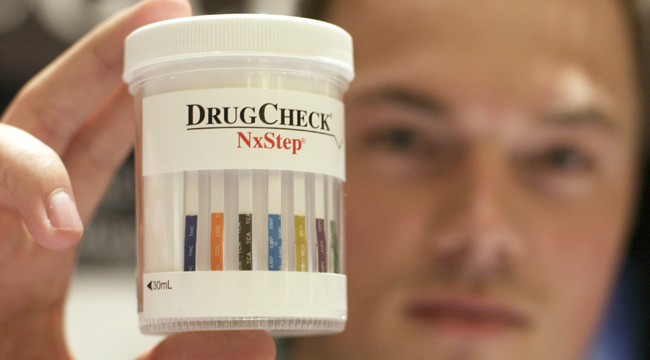
According to NBC News, the tampering of drug test samples by one rogue chemist could overturn the convictions of 23,000 people convicted of low-level drug crimes. The stunning numbers come as the result of the tainting of samples by Annie Dookhan, a high-ranking chemist working at the William A. Hinton State Laboratory Institute in Boston. Dookan recently completed a three-year prison sentence after admitting to tampering with evidence, forging test results, and lying about it. The conviction dismissals will come in the form of filings from seven district attorneys ordered by the Massachusetts Supreme Judicial Court — proceedings that prosecutors reportedly fought to block in hopes that defendants wouldn’t take the time to challenge them.
The tainting of samples on such a massive level doesn’t only come as a shock to the people wrongly convicted but also to those who have been involved in the forensic field for years:
“It’s absolutely stunning. I have never seen anything like it,” said Suzanne Bell, a professor at West Virginia University who serves on the National Commission of Forensic Science told NBC News. “It’s unbelievable to me that it could have even happened. And then when you look at the scope of the number of cases that may be dismissed or vacated, there are no words for it.”
While there still is no explanation from Dookan as to why she committed the crime, anyone that has ever watched CSI or any other forensic-based crime drama can tell you that authorities more often than not lean and rely upon forensic chemists’ findings. Chemists are aware of this fact and could be prone to wanting to make authorities (who they work with on a daily basis) happy:
“This drug lab scandal is another example of why the criminal justice system needs to reform its approach to forensic science,” said Dan Gelb, a Boston attorney who helped write an amicus brief on the Dookhan case for the National Association of Criminal Defense Attorneys. “Labs shouldn’t be an extension of law enforcement.”
Decisions on the overturned convictions are planned to take place starting April 18th, some five years after finding out about Dookan’s tampering. Not only has Dookan been charged, tried, convicted, sentenced, jailed, and released in that period of time, but so have most of the people impacted by her actions.
(Via NBC News)
